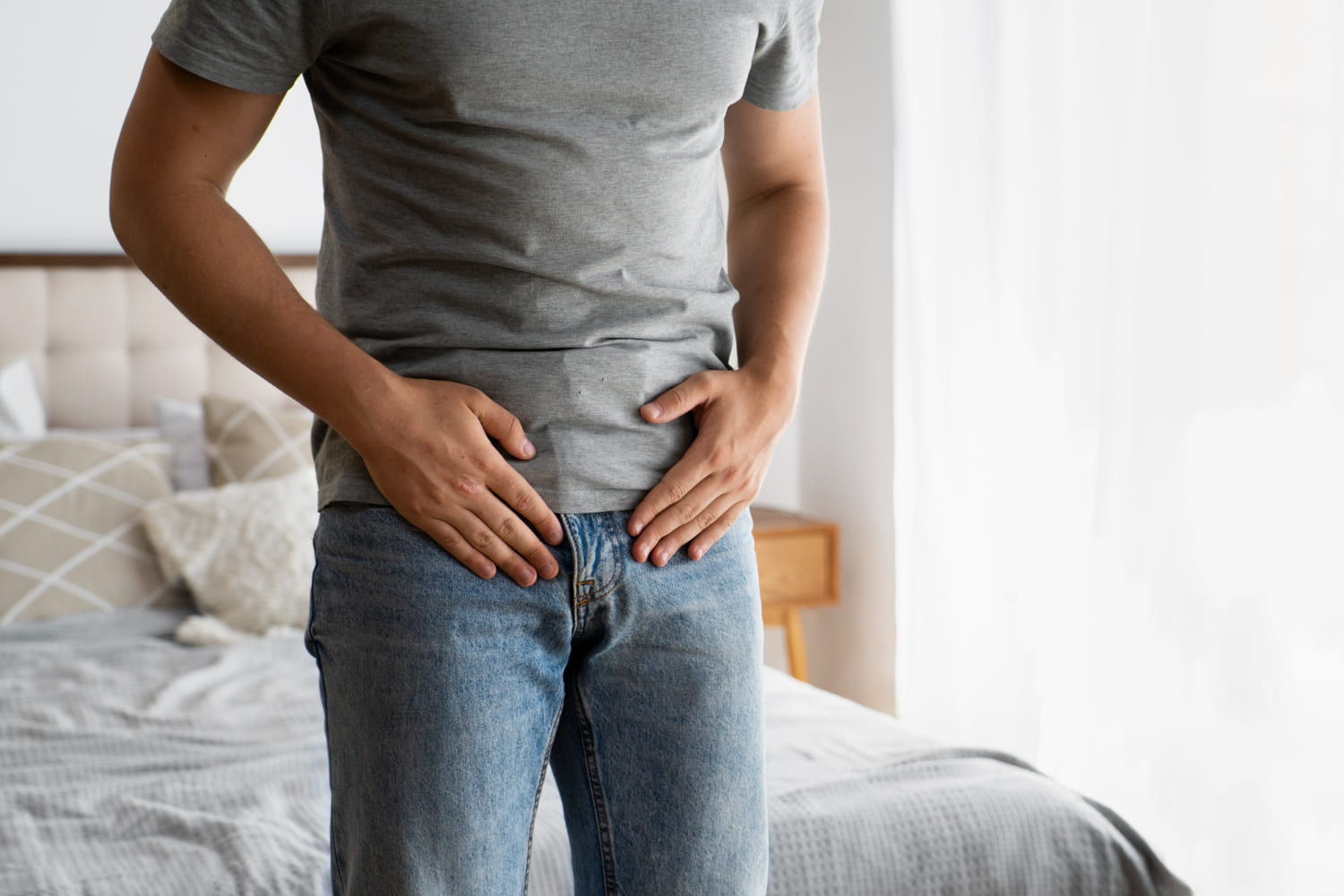Bladder Outlet Obstruction (BOO): Causes, Symptoms, Complications, and Homeopathic Management
Causes
Bladder Outlet Obstruction (BOO), also known as Obstructive Uropathy, is a urinary condition caused by a blockage at the neck of the urinary bladder, where it joins the urethra. This blockage can partially or completely obstruct the flow of urine. BOO is more common in men, particularly those over the age of 65, but it can also occur in developing fetuses, babies, and children.
Several factors can lead to BOO:
- Urethral Stricture: Scar formation in the urethra.
- Bladder Stones: Stones forming within the bladder.
- Benign Prostatic Hyperplasia (BPH): Enlargement of the prostate gland.
- Tumors: Tumors in the bladder, rectum, uterus, or cervix.
- Severe Constipation: Can cause pressure and blockage.
- Pelvic Muscle Spasms: Involuntary contractions of the pelvic muscles.
- Inguinal Hernia: Bulge in the groin area due to a part of the intestine pushing through a weak spot in the abdominal muscles.
- Certain Medications: Use of antihistamines and medications for overactive bladder.
- Cancer: Cancer of the urethra, vagina, cervix, or prostate.
- Pelvic Organ Prolapse: Descent of pelvic organs into the vaginal canal.
Symptoms
The symptoms of BOO vary depending on the severity of the blockage and can include:
- Difficulty initiating urine
- Weak urine stream
- Straining to pass urine
- Frequent urge to urinate
- Urgency to pass urine
- Interrupted or intermittent urine stream
- Sensation of incomplete bladder emptying
- Dribbling at the end of urination
- Pain while passing urine
- Pain in the lower abdomen
Complications
If left untreated, BOO can lead to several serious complications:
- Urinary Tract Infection (UTI): Increased risk of infections in the urinary tract.
- Urinary Incontinence: Involuntary passage of urine.
- Bladder Stones: Formation of stones within the bladder.
- Kidney Failure: Severe cases can lead to kidney damage and failure due to back pressure on the kidneys.
Homeopathic Management
Homeopathy can be very helpful for symptomatic management of Bladder Outlet Obstruction. Homeopathic medicines, prepared from natural substances, offer a safe treatment with no side effects. They are effective in managing symptoms such as a thin urine stream, difficulty initiating urine, frequent urination, urinary urgency, interrupted urine stream, dribbling after urination, sensation of incomplete emptying of the bladder, and pain while passing urine.
Homeopathic treatment is tailored to the individual’s symptoms after a detailed case evaluation, so it’s important to consult a homeopathic physician rather than self-medicating. Homeopathy is recommended for mild to moderate cases of BOO. In severe cases, conventional medical treatment should be sought, as homeopathy has limitations in handling serious BOO cases.
Homeopathic Medicines for Bladder Outlet Obstruction
- Clematis: For weak urinary stream, interrupted flow, and sensation of incomplete bladder emptying.
- Chimaphila: For thin urinary stream and straining to urinate, requiring a forward stooping position to initiate flow.
- Conium: For interrupted urine stream, sharp pressing bladder pain, and sudden urgency to pass urine.
- Baryta Carb: For post-urination dribbling, increased frequency, and urgency with burning pain.
- Cantharis: For pain while passing urine, frequent urge, and gripping sensation in the bladder.
- Thuja: For urgency to pass urine with a thin stream, frequent urination at night, and dribbling after urination.
- Lycopodium: For straining to pass urine, slow flow initiation, and frequent nocturnal urination.
- Merc Sol: For frequent urination day and night, urgency, and burning pain at the start of urination.
- Staphysagria: For sensation of incomplete bladder emptying, weak urine flow, frequent urge, and burning pain during urination.
Conclusion
Bladder Outlet Obstruction (BOO) is a significant urological condition requiring prompt medical attention to prevent complications. Understanding the causes and recognizing the symptoms early can lead to effective management and treatment. For mild to moderate cases, homeopathic treatment can offer symptomatic relief. However, severe cases require conventional medical intervention. Always consult a healthcare professional for an accurate diagnosis and appropriate treatment plan.

